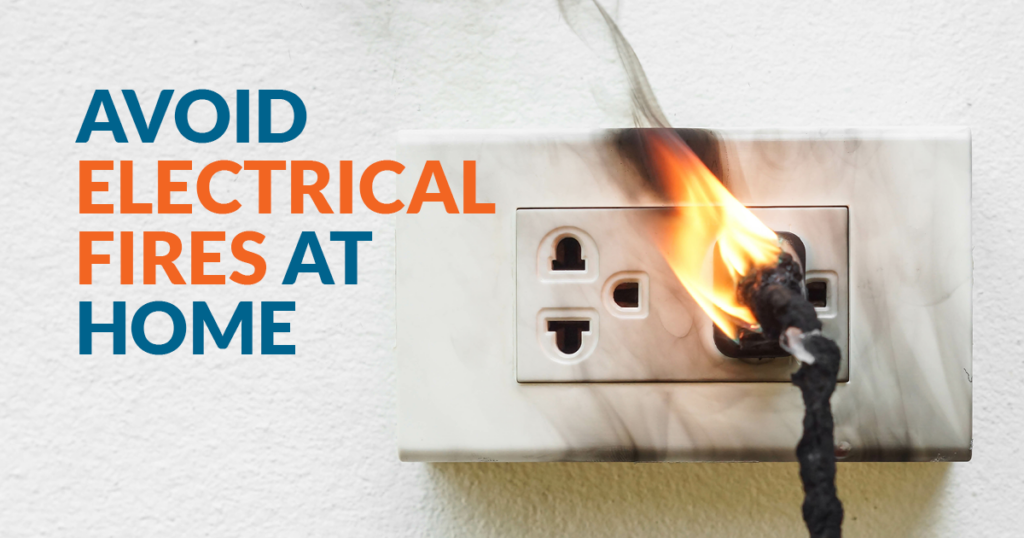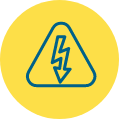It is estimated that more than 30,000 non-fatal electrical shock accidents occur each year and it’s estimated that between 600 and 1,000 people die each year from electrocution.
McLeod Co-op Power offers these tips to help you avoid becoming a part of these statistics.

Electrical Outlets: Check for loose–fitting plugs, which can be a shock or fire hazard. Replace missing or broken wall plates so wiring and components are not exposed. If you have young children in the home, check that unused outlets are covered.
Plugs: Never force a plug into an outlet and avoid overloading outlets with adapters or too many plugs at once.
Cords: Make sure cords are not frayed or cracked, placed under carpets or rugs, or placed in high traffic areas. Never secure a cord to walls, floors or other objects with nails or staples. Use extension cords on a temporary basis only. They are not intended as permanent household wiring. Light
Bulbs: Check the wattage to make sure light bulbs match the fixture requirements and make sure they are screwed in securely so they don’t overheat.
Ground Fault Circuit Interrupters (GFCIs): Make sure GFCIs are installed in your kitchen, bathrooms, laundry, workshop, basement and garage as well as on outdoor outlets. Test them monthly to ensure they’re working properly.
Appliances/Electronics: If an appliance repeatedly blows a fuse, trips a circuit breaker, or has given you an electrical shock, immediately unplug it and have it repaired or replaced. Look for cracks or damage in wiring and connectors. Use surge protectors to protect expensive electronics.
Electrical Wiring: Wiring defects are a major cause of residential blazes. Check periodically for loose wall receptacles, loose wires, or loose lighting fixtures. Listen for popping or sizzling sounds behind walls. Immediately shut off, then professionally replace light switches that are hot to the touch and lights that spark and flicker.
